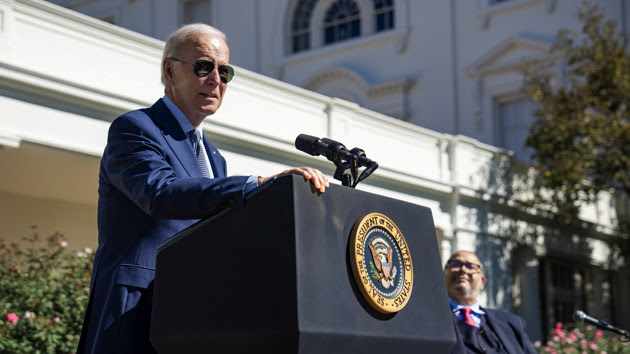China slammed President Joe Biden's decision to fire down its surveillance balloon over the weekend after it reached the mainland on Monday, departing from its prior amicable tone towards the balloon's passage over the United States.
The F-22 Raptor operation that deployed a missile to shoot down the balloon above American territorial waters off the coast of South Carolina on Saturday was mocked by Foreign Ministry spokeswoman Mao Ning. She called it a “armed strike” that was “inappropriate and reckless.”
Using the French word “greater force,” which in international law refers to an unexpected and unforeseen incident beyond a government's control, Mao remarked, “We have made it obvious that this was purely an accident caused by force majeure, and the U.S. purposefully amplified it.”
However, it “tests, if the U.S. is honest about stabilising and enhancing its relations with China and whether it can correctly manage a crisis,” said Mao, who emphasised that China views the event as “unexpected and isolated.”
A day after the ministry's vehement statement asserting its right to “take future actions” was released, she made her remarks.
China has consistently refuted the Pentagon's extremely strong and precise claims that the blimp, which was visible and was carrying a cargo of sensors and communications gear about the size of a bus, was a “spy balloon” at various points last week. Instead, it claims that the balloon was gathering meteorological data and wandered off track because severe weather prevented it from steering itself.
The entire incident raises far more questions than it does answers, including if the Chinese government actually deployed over American airspace on purpose and if so, why.
Beijing has much more advanced surveillance tools including satellites that it may have used to photograph American missile installations in Montana that are difficult for Americans to see from the ground. The Biden administration may have been embarrassed by the action, and efforts to defuse tensions between Washington and Beijing on a bilateral basis may have been undermined.
Secretary of State Antony Blinken cancelled his trip to meet with his counterpart, possibly even President Xi Jinping, after the initial public scuffle because of what he deemed “an irresponsible act and a clear violation of U.S. sovereignty and international law that undermined the purpose of the trip,” according to his spokesman.







